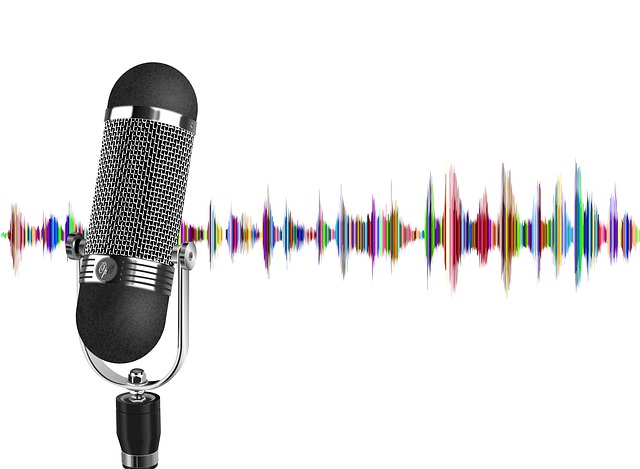It seems really naff, awkward, silly to think about reading your writing out loud. After all, unless you are a lyricist or poet, you don’t write with a view to your words being vocalised. But reading aloud works.
As a writer, we really do think we don’t have to read our writing. That once writ, we have created a masterpiece even if only in our own mind. Yet when we write the only next action is for that work to be read, hopefully by many other people.
I can’t tell you the number of times I’ve picked up a self-published book from Amazon Kindle which was in desperate need of editing. For some of them, a simple read-out-loud process would have made the world of difference to enjoying a book or stumbling through it and giving up. Don’t be that writer.
Before releasing your words into the wild, it pays to verbalise them to yourself. You’ll be surprised how well it facilitates better writing.
When you read your writing out loud, you find
- words you trip over
- those rambling sentences
- the phrases that fail to roll off the tongue no matter how well they seem when written
- the clumsy constructs of words
- overuse of repetitive words
- words you missed out
- you find yourself speaking words that aren’t written
- ask yourself ‘should they be in the text?’
- words you don’t need
- you find yourself skipping over words that you have written
- ask yourself ‘are those words redundant?’
Don’t be tempted to think reading in your mind is a substitute. It isn’t. The brain works differently to process the written word when it’s spoken to when it’s silently read. Trust the process and read aloud with your voice!
The advantage is that
- your work will present better to the final reader and create a better experience for them
- you’ll decrease the incidence of poor reviews because of fixes that are easily applied now rather than once published (if that’s your aim)
- you’ll increase your chances of being accepted for any competitions or submissions because these corrections help your work
Reading to yourself doesn’t take long but make sure you have a red pencil at the ready to pick up any edits you need to make.
What really helps is if you have a friend who can sit with you. Give them a printed copy of your piece. As you read they can pick up the skips, the adds, the clumsiness. With a bit of luck, they will also pick up the typos and grammatical errors as well!
If that’s not possible, record yourself reading your writing then listen back as you follow along on a printed copy, making edits as you go. The advantage here is that you can rewind and replay a section to pick up errors or stop at a certain point while you make notes. Most laptops, PCs, mobile phones these days have a voice record and playback facility.
Reading your writing out loud helps you pick up the rhythm of your story. Your ear picks up and responds to sounds that flow. How many times have you been to an author talk when they have read a passage from their book? Has the reading been easy to listen to or stilted? When it’s easy to listen to it’s a pleasurable experience and you engage with the work. When it’s stilted you mentally tune out and become disinterested.
Case in point. I’ve just read this article out loud and made around five edits to make it read better. Let me know if it can be further improved.
Aim for your work to sound pleasant to the ear. Keep editing and revising until the cadence flows. Your future readers will thank you for it.

